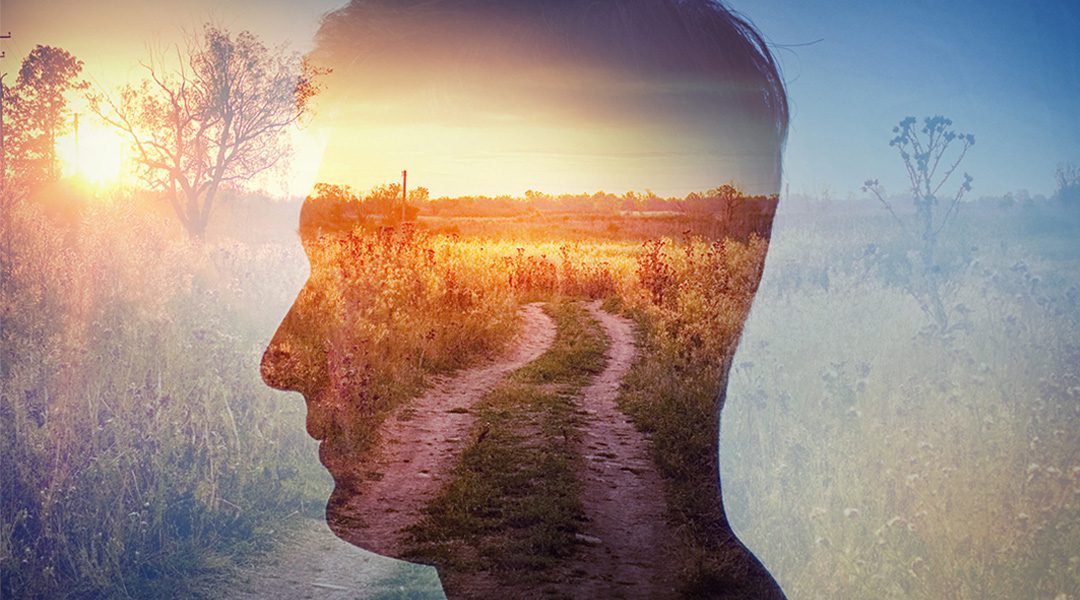In the documentary The Emperor of All Maladies, Dr. Siddhartha Mukherjee says, “There is no archetypical response to cancer. It is his or her own. As family members, as physicians, we might be able to witness it, but it’s not ours—trying to explain, to struggle with, to make peace with what’s happening in their own bodies.” A few moments later, a man with cancer speaks and says, “…how are you going to find peace in the midst of rage that’s happening inside your body and your own heart?” I have been teaching Yoga for People with Cancer for over fourteen years. There is a great need for people to support all the resources of their mind, body, and spirit as they navigate their health after a cancer diagnosis. Yoga can be the catalyst that connects one back to their own heart for healing while simultaneously being of support to the physical body.
We all know there are benefits to Yoga. What sets Yoga Therapy in Cancer and Chronic Illness (YCat) apart from a basic or even gentle Yoga class is its whole person approach to healing that includes both a didactic and experiential component. Appropriate and safe movement for those with cancer and chronic illness is made accessible for the individual from detailed assessments and interviews before beginning classes.
Breathing practices, Yoga nidra, meditation, imagery, sound vibration and reframed concepts of Yoga philosophy can help to address the stress, psycho-social issues, side effects, performance status and quality of life challenges that people with cancer and chronic illness face.

The Practice of Yoga Nidra
When all of this is combined and presented to a student without being overwhelming, there is a space for peace and transformation to occur—in the body and in one’s own heart. Yoga can offer this experience in the midst of the cascade of challenges and emotions all along the cancer continuum: from diagnosis, through treatment, through thriving, and at end of life.
The YCat: Yoga Therapy in Cancer and Chronic Illness teacher training is based in Integral Yoga and provides an evidence-based experiential framework, adapting the practices of Yoga safely for people with cancer and multiple medical issues. YCat teachers/therapists explain the underlying physiological rationale for each Yoga practice they offer. The response from clients and caregivers has been overwhelmingly positive. I hear clients say, “I feel so much better,” “I feel so relaxed,” “I noticed that I was holding my breath and I have never even noticed my breath at all before,” and “I am sleeping better.” A patient in the infusion center told me that it was “the first time I was able to acknowledge how bad I feel. I have to be strong for my family.” Patients’ experiences are being supported by scientific Yoga research with findings of decreased pain, less anxiety, better sleeping patterns, less depression and fatigue, and a better quality of life. There are also researched physiological changes that occur with the reduction of the stress response that support recovery and reduce side effects of treatment and the immune system.
Many of us began to practice Yoga, teach, and to work with people with cancer because of our own experience with cancer or as a caregiver. My personal experience was that of a caregiver for several family members with cancer. I wanted to know what else I could do to support them as I witnessed so many different challenges each person encountered. Once I began to study the possibilities through mind-body practices, specifically Yoga, it quickly became my passion. I often say, “Wherever you are, Yoga is there for you.” Whether in a hospital bed, receiving chemo therapy, in a waiting room or in a public Yoga class, Yoga practices can be offered that are both adaptable and accessible. Being accessible means that YCat is teaching students to take their practices into their daily life, not just during a formal class.
Besides creating programs in their communities, several YCat teachers, including myself, are now consulting and teaching in Yoga research and oncology research. This program is based in understanding concepts that can be applied to an individual rather than which asana is best for a particular cancer or symptom. We draw from the professional work, research, and experience of Jnani Chapman, Jon Kabot Zinn, Dean Ornish, Keith Block, Lawrence LeShan, Michael Lerner, and others who have dedicated their lives to relieving suffering and supporting healing in the lives of individuals and families affected by cancer and chronic illness.
Currently, the YCat community is growing! This past year, teachers created programs in Puerto Vallarta, Mexico, Canada, and with graduates in Michigan, Kentucky, Ohio, and Virginia. Senior teacher Tina Walter is continuing to facilitate amazing programs at The Christ Hospital in Cincinnati where we held our Level 3 training in September 2018. Click here to read her recently published article.
I am very excited to represent YCat in May 2019 at the Accessible Yoga Conference, created by Jivana Heyman, a longtime colleague of Jnani Chapman. There has been great support from the Yoga and oncology community for YCat since Jnani Chapman’s unexpected death last year and we are all so grateful. –>We would like to continue to offer scholarships for this training and partial scholarships are available for the upcoming March 2019 training at Yogaville. Donations are being accepted through Yogaville.
Checks payable to: Satchidananda Ashram, and mailed to:
Jnani Chapman Scholarship Fund
c/o Snehan de Sachy: Treasure Office
108 Yogaville Way, Buckingham, VA 23921
Please feel free to reach out to me directly with any questions about the training. Om Shanti, Om Peace. Namaste.
Sandra Susheela Gilbert, BA, C-IAYT, E-RYT500
Ycat.sandra@yahoo.com



